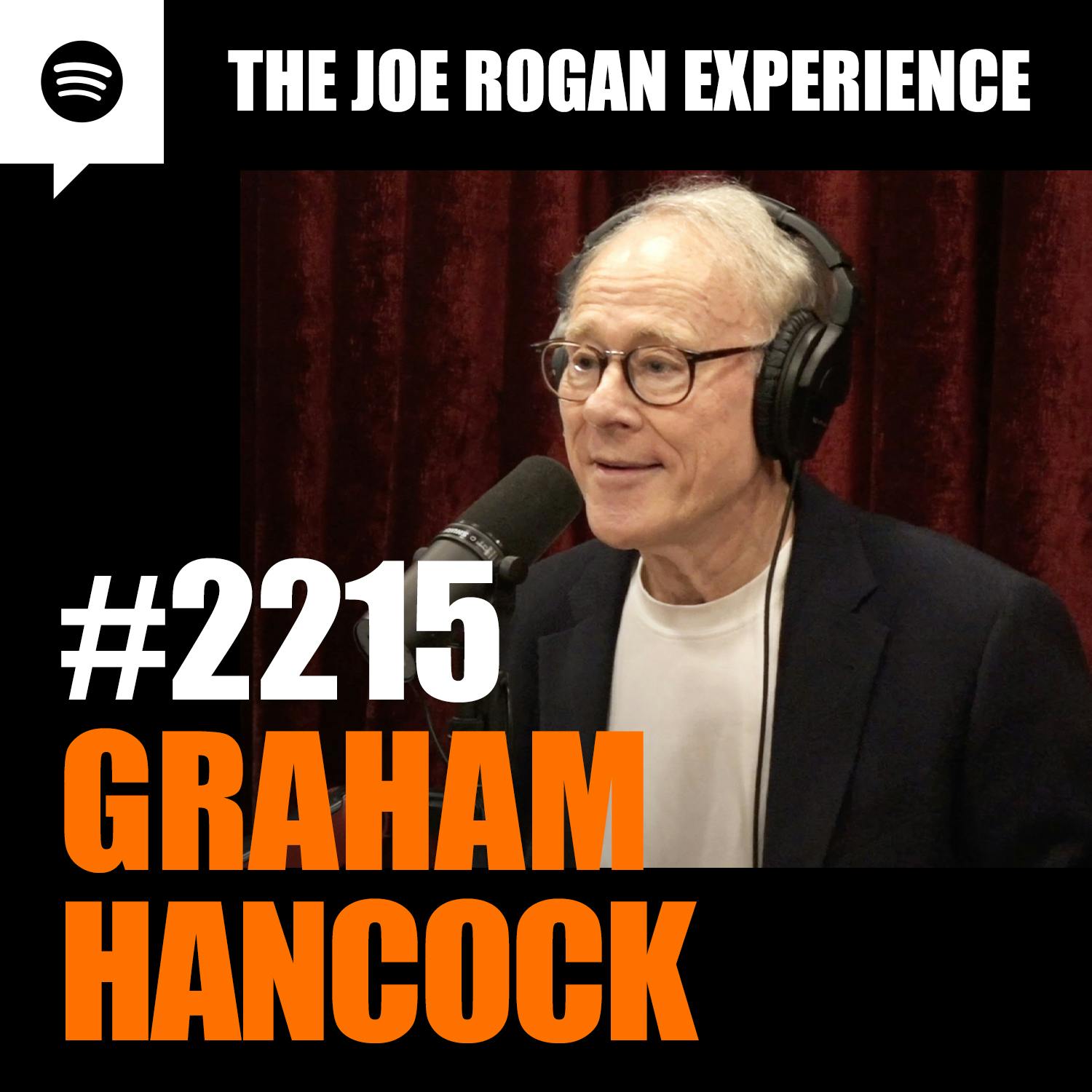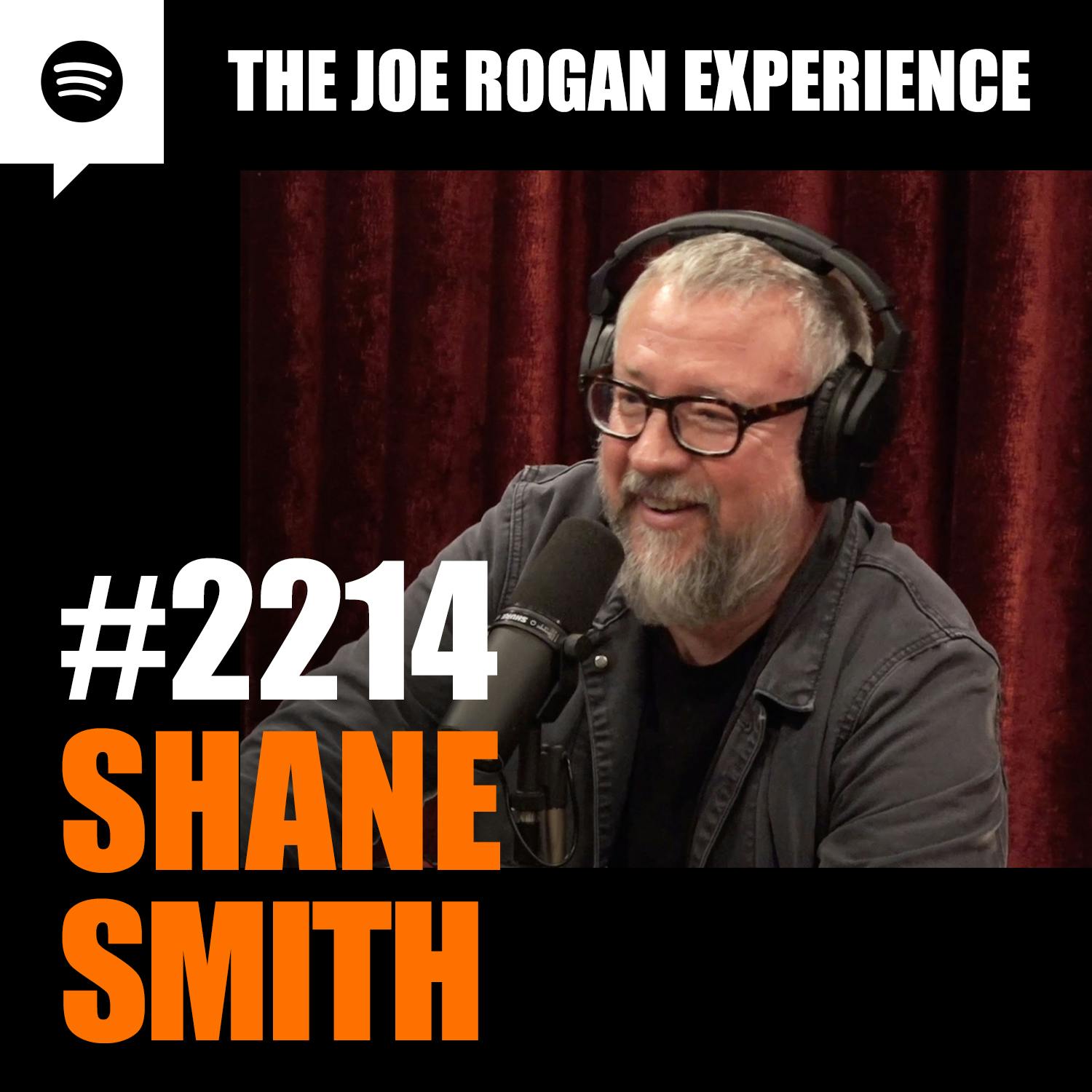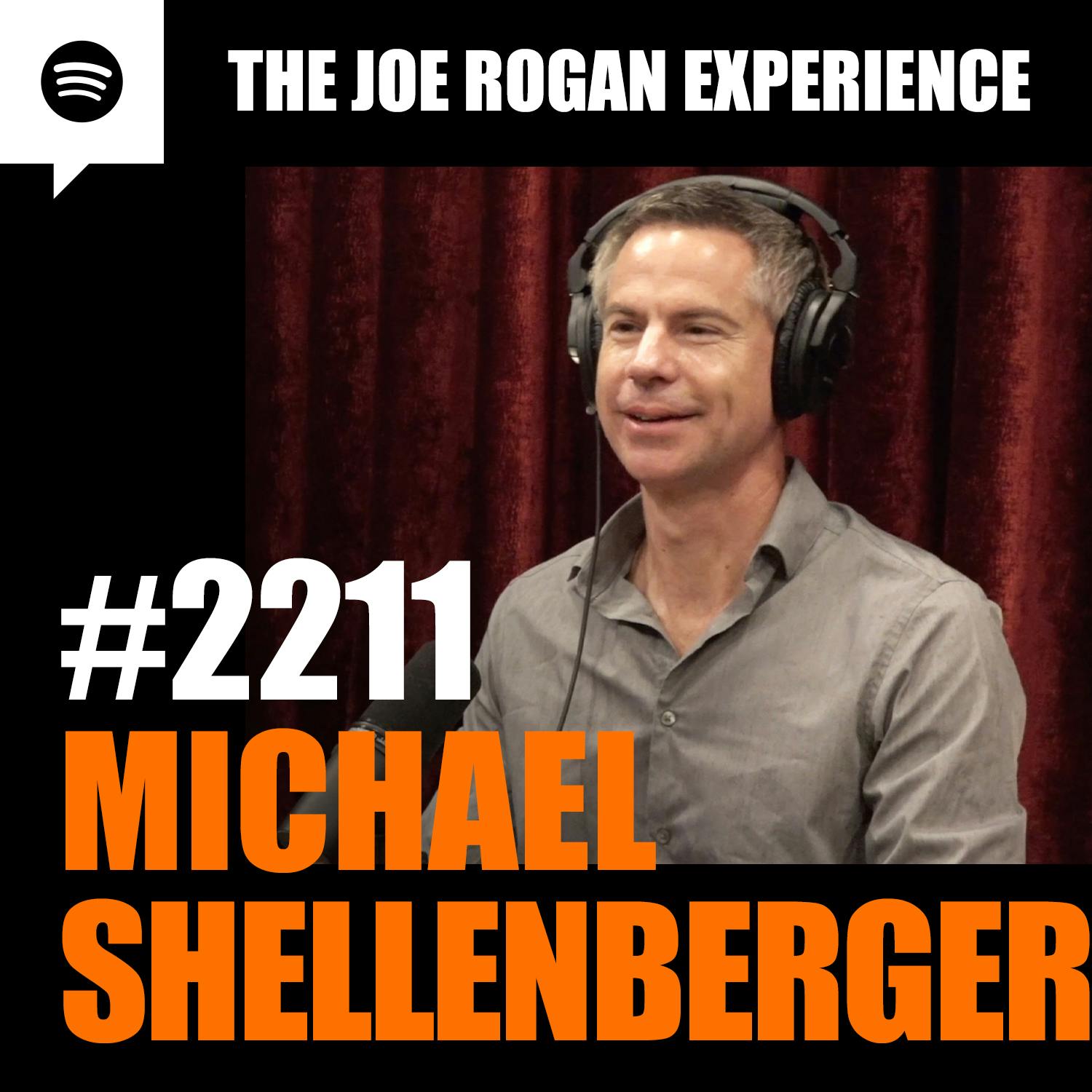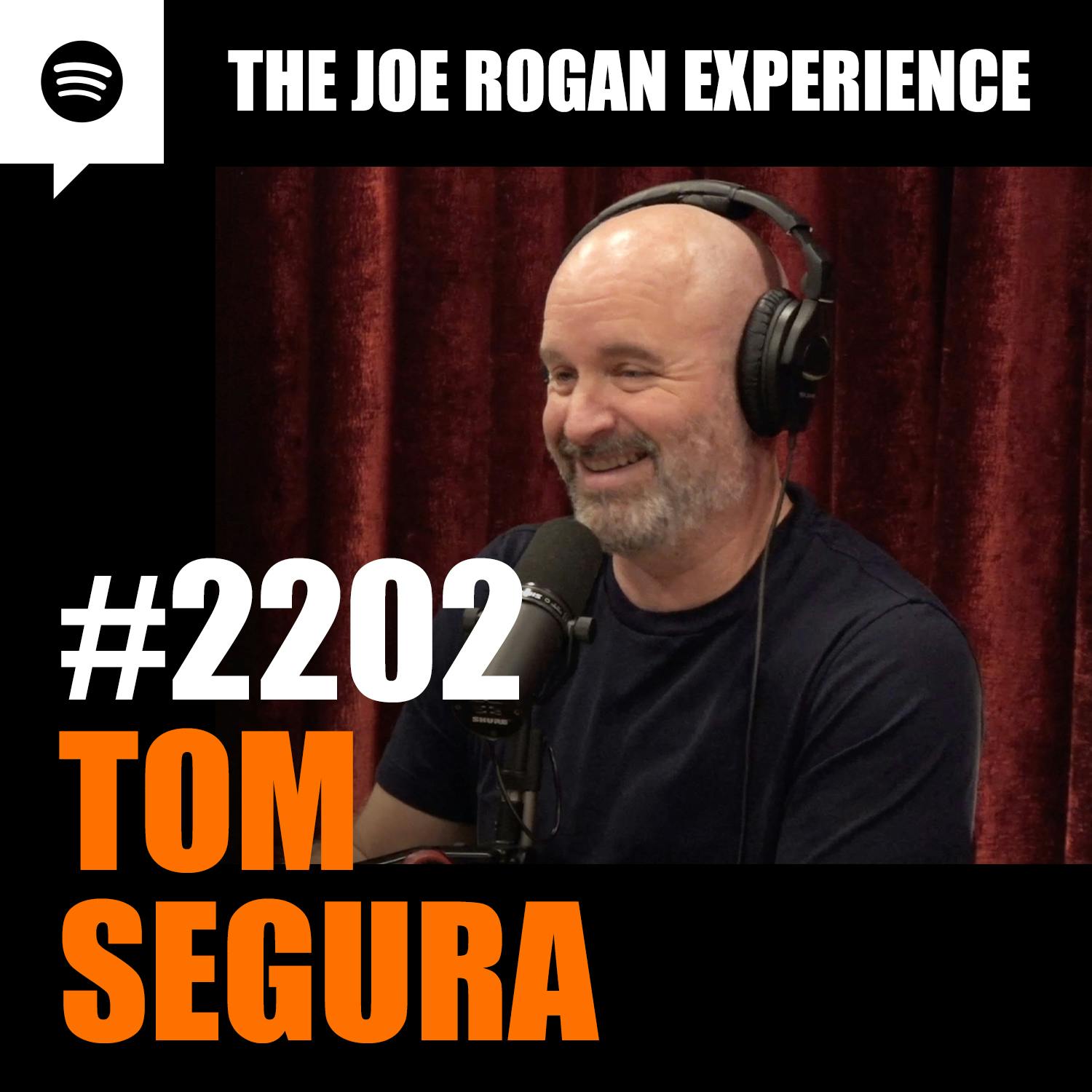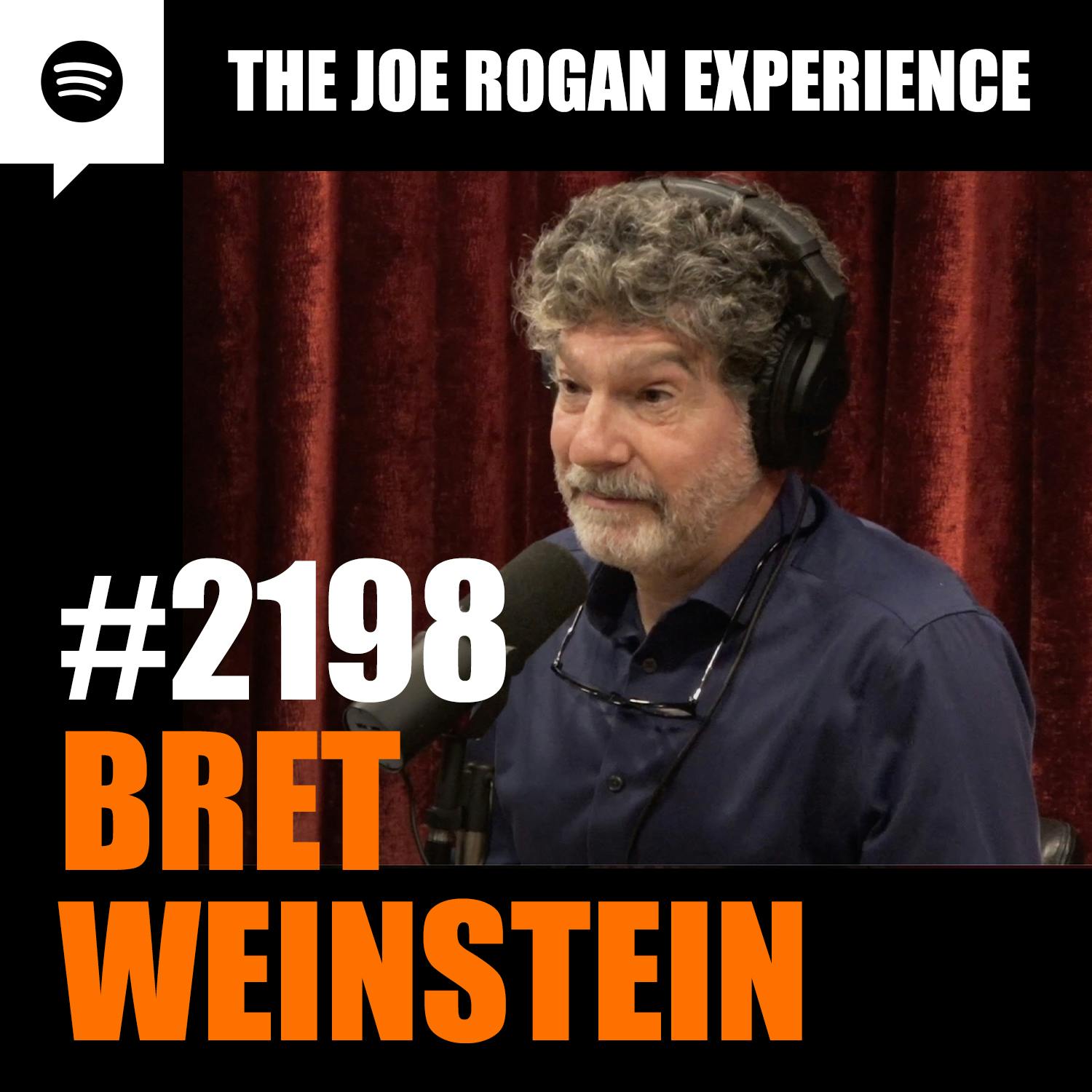 #2176 - Chad Daniels
#2176 - Chad Daniels
Digest
This podcast delves into a wide range of topics, starting with the intriguing phenomenon of Google seemingly listening to conversations and showing related ads. The speakers discuss Apple's efforts to protect user privacy and the prevalence of subscriptions in modern life. They then explore the financial realities of comedy, including the low royalties comedians receive and the lawsuit filed against Pandora and Spotify. The podcast also delves into the creative process of writing comedy bits, the role of the muse, and the unique challenges of auditioning. The conversation shifts to the influence of accents, the dangers of driving in Minnesota, and the cultural practice of Tibetan sky funerals. The speakers then explore the funeral industry, the emotional experience of seeing a loved one after death, and the sobering reality of mortality. They reflect on the power of comedy to cope with difficult emotions and discuss the complex legacies of Robin Williams and Richard Jeni. The podcast then transitions to the world of boxing, discussing Mike Tyson's peak as a boxer and the importance of discipline. The speakers explore the use of hypnosis and performance psychology in boxing and the dedication required to excel in sports like golf and pool. They discuss the history of billiards, the popularity of soccer, and the impact of parental behavior on young athletes. The final part of the podcast focuses on the speaker's journey into comedy, the influence of comedy legends, and the importance of freedom of speech. They discuss the evolution of discipline in schools, the failings of the education system in disadvantaged neighborhoods, and the complex dynamics of gang culture. The podcast concludes with a discussion of AI, engagement farming, copyright infringement, privacy concerns of smart devices, the UFO phenomenon, Bigfoot, and the concept of karma.
Outlines

Google's Listening and Apple's Privacy Efforts
This chapter discusses Google's data collection practices and Apple's efforts to protect user privacy. The speakers share their experiences with Google seemingly listening to conversations and then showing related ads, and they discuss how Apple was the first company to take a stand against companies sharing user information.

Subscriptions and the Cost of Comedy
This chapter delves into the topic of subscriptions and how easy it is to accumulate them without realizing it. The speakers share their experiences with subscriptions and how they often forget about them until they see a charge on their credit card statement. They also discuss the financial realities of comedy, particularly the low royalties comedians receive for their work.

The Creative Process of Comedy and the Role of the Muse
This chapter focuses on the creative process of writing comedy bits, discussing the importance of letting bits sit for a while before revisiting them. The speakers share their experiences with how letting bits rest can lead to new insights and improvements. They also discuss the mysterious nature of creativity and how ideas often seem to come from nowhere, comparing this to the concept of the muse in art and writing.

The Challenges of Auditioning and the Influence of Accents
This chapter focuses on the challenges of auditioning, particularly for acting roles. The speakers share their experiences with auditioning and how they find it difficult to perform someone else's material. They discuss how they prefer to write their own material and how they feel more comfortable performing it. The chapter also explores the influence of accents on language and communication.

Death and the Funeral Industry
This chapter explores the cultural practice of Tibetan sky funerals and delves into a true crime case involving a man who kept his deceased wife's body in their bed. The speakers discuss the ethics of Tibetan sky funerals, the unique smell of a rotting human body, and the funeral industry's practices.

The Circle of Life and the Unnaturalness of Death
This chapter focuses on the natural cycle of life and death, discussing how our bodies decompose after death and how they become food for other organisms. The speakers discuss the practice of burying bodies in trees and how this can be a sustainable way to return to nature. They also discuss the emotional experience of seeing a loved one after death and how the embalming process can make the deceased look unnatural.

The Sobering Reality of Mortality and the Power of Comedy
This chapter explores the sobering reality of mortality and how it can be a difficult process to come to terms with. The speakers discuss how they have lost friends and how it can be a shock when it happens unexpectedly. They also discuss the guilt that can come with losing someone to suicide and how it can be difficult to process. The chapter also reflects on the power of comedy and how it can be used to cope with difficult emotions.

The Complex Legacies of Robin Williams and Richard Jeni
This chapter continues the discussion of Robin Williams, sharing a personal anecdote about the speaker's experience working with him as an extra in a movie. The speaker describes Williams's playful and improvisational nature and how he was able to bring joy to everyone on set. The speaker also reflects on the contrast between Williams's public persona and his private struggles with depression. The chapter also explores the dark side of comedy and how some comedians use humor as a way to cope with depression and other mental health issues, discussing the tragic loss of Richard Jeni.

Mike Tyson's Prime and the Importance of Discipline in Boxing
This chapter discusses Mike Tyson's peak as a boxer and compares him to other legendary fighters like Bernard Hopkins. The conversation highlights the importance of discipline and dedication in achieving greatness, particularly in boxing. Tyson's upbringing, training under Costa Mato, and exposure to boxing history are discussed as factors contributing to his success.

Hypnosis and Performance Psychology in Boxing
This chapter delves into the use of hypnosis and performance coaches in boxing. The speaker shares his personal experience with hypnosis and explains how it can help fighters overcome mental blocks and improve focus. The conversation also touches upon the importance of game plans and tactical strategies in boxing, using examples of fighters like Max Holloway, Anderson Silva, and Sean O'Malley.

Dedication and Practice in Sports
This chapter explores the dedication and practice required to excel in sports, particularly in golf and pool. The speaker compares casual players to professional athletes, highlighting the difference in their commitment and the impact it has on their performance. The conversation emphasizes the importance of constant practice and the pursuit of perfection, using examples of professional pool players like Fedor Gorst and Shane Van Boening.

The Evolution of Billiards and the Popularity of Soccer
This chapter discusses the history of billiards, focusing on the decline of three cushion billiards. The speaker explains the rules and challenges of the game, highlighting its emphasis on strategy and precision. The conversation also touches upon the popularity of snooker in the UK and its limited presence in the US. The chapter also explores the popularity of soccer and the athleticism required to excel in the sport.

The Impact of Parental Behavior on Athletes
This chapter discusses the impact of parental behavior on athletes, particularly in youth sports. The speaker shares his observations of parents yelling at their children during games, highlighting the potential for distraction and negative consequences. The conversation also touches upon the evolution of parenting styles and the importance of creating a supportive environment for young athletes.

The Influence of Comedy Legends and the Evolution of Stand-Up
This chapter explores the speaker's journey into comedy and the influence of comedy legends like Bill Cosby, Richard Pryor, and Lenny Bruce. The conversation discusses the evolution of stand-up comedy, from traditional joke-telling to social commentary and observational humor. The speaker shares his early experiences with comedy and the impact it had on his career.

Freedom of Speech and the Limits of Comedy
This chapter discusses the importance of freedom of speech and the limits of comedy. The speaker shares examples of comedians who have been sued or fined for their jokes, highlighting the challenges of navigating social norms and legal boundaries. The conversation emphasizes the importance of allowing offensive humor and the potential consequences of censorship.

The Evolution of Discipline and the Education System
This chapter explores the evolution of discipline in schools and the changing landscape of education. The speaker shares his personal experiences with corporal punishment and compares it to the current approach to discipline. The conversation touches upon the challenges of managing student behavior in a modern classroom and the potential consequences of overly restrictive policies. The chapter also discusses the failings of the education system, particularly in disadvantaged neighborhoods.

Gang Culture and Violence
This chapter explores the complex dynamics of gang culture in disadvantaged neighborhoods. The speakers explain how gangs can provide a sense of brotherhood and camaraderie that is often lacking in the homes of these individuals. They argue that this sense of belonging can be a powerful force, even if it comes at a significant cost. The chapter also compares the death toll in the South Side of Chicago to that of war-torn countries like Afghanistan, highlighting the shockingly high number of deaths due to gang violence in Chicago.

AI, Engagement Farming, and Copyright Infringement
This chapter discusses the use of AI to recreate the voice of Frank Sinatra singing a modern song. The speakers express their amazement at the technology's ability to convincingly mimic Sinatra's voice, highlighting the rapid advancements in AI. The chapter also explores the phenomenon of "engagement farming" on social media platforms and the issue of copyright infringement and content theft.

Privacy Concerns of Smart Devices and the UFO Phenomenon
This chapter raises concerns about the privacy implications of smart devices like Amazon Alexa. The speakers discuss the potential for these devices to listen to and record conversations, highlighting the importance of being aware of the data they collect and how it is used. The chapter also explores the ongoing debate surrounding UFO sightings and the possibility of extraterrestrial life.

Bigfoot and Gigantopithecus
This chapter examines the legend of Bigfoot and its potential connection to the extinct primate Gigantopithecus. The speakers discuss the historical evidence for Gigantopithecus and how its existence could explain the persistence of Bigfoot sightings.

Karma and the Importance of Breaking the Mold
This chapter explores the idea of karma and its connection to traffic. The speaker shares their personal experience of how being nice to others seems to lead to smoother traffic flow, while being a "dick" results in encountering more bad drivers. However, the speaker acknowledges the complexities of life and the existence of suffering, such as babies getting killed in drive-by shootings, which makes it difficult to fully understand the concept of karma. The chapter also delves into the nature of comedy and the importance of pushing boundaries.

Finding Your Audience and the Power of Generosity
This chapter discusses the importance of finding your audience in comedy. The speaker shares their experience opening for John Pinette, a comedian with a large and dedicated following. The speaker notes that while they were in good shape, the audience disliked their act, highlighting the importance of finding an audience that appreciates your style of humor. The chapter also focuses on the importance of generosity in the comedy world.

The Impact of Editing on Comedy and the Fast-Paced Comedy of Boston
This chapter explores the impact of editing on comedy, specifically the practice of cutting laughter from clips. The speaker discusses how John Pinette's famous Chinese buffet bit, when edited for clips, loses its comedic impact and can even appear racist. This highlights the importance of context and the potential for editing to distort the original intent of a comedic performance. The chapter also discusses the fast-paced comedy scene in Boston.

The Evolution of Comedy in New York and the Unpredictability of William Montgomery
This chapter explores the evolution of comedy in New York City. The speaker notes that while New York used to be a fast-paced comedy scene, it has shifted towards a more contemplative style, where audiences appreciate nonsense and social commentary. This shift reflects the changing cultural landscape of the city. The chapter also introduces William Montgomery, a comedian known for his unpredictable and sometimes aggressive style.

The Rise of Mitch Hedberg and the Legacy of Lost Comedians
This chapter discusses the career of Mitch Hedberg, a comedian known for his unique style of non-sequiturs. The speaker recounts how Hedberg struggled early in his career but eventually found his audience and became a successful comedian. Hedberg's style was so unique that it influenced other comedians and became contagious, with young comedians adopting his cadence and timing. The chapter also reflects on the legacy of lost comedians, specifically Mitch Hedberg and Norm Macdonald.
Keywords
Google is a multinational technology company that specializes in Internet-related services and products, which include online advertising technologies, a search engine, cloud computing, software, and hardware.
Apple
Apple Inc. is an American multinational technology company that specializes in consumer electronics, software, and online services. The company is known for its products such as the iPhone, iPad, Mac, Apple Watch, and Apple TV.
Columbia Record House
Columbia Record House was a mail-order record club that operated in the United States from 1955 to 1999. It was known for offering records at discounted prices, often with a "buy one, get one free" offer.
Royalties
Royalties are payments made to creators of intellectual property, such as music, books, and software, for the use of their work. Royalties are typically calculated as a percentage of the revenue generated from the sale or use of the copyrighted work.
Pandora
Pandora Media, Inc. was an American online music streaming service that was acquired by Sirius XM Holdings in 2019. Pandora was known for its personalized radio stations, which were created based on user preferences.
Spotify
Spotify Technology S.A. is a Swedish multinational audio streaming and media services provider founded in 2006. Spotify offers digital rights management-protected music, podcasts, and audiobooks to users on a freemium subscription basis.
Stand-Up Comedy
Stand-up comedy is a form of comedic performance in which a comedian performs in front of a live audience, typically telling jokes and stories. Stand-up comedy is often considered a solo performance art, as comedians typically write and perform their own material.
Muse
In art and literature, a muse is a source of inspiration, typically a supernatural being or force that inspires creativity. The concept of the muse is often associated with the ancient Greek goddesses who were believed to inspire artists and poets.
Q&A
How does Google seem to be listening to conversations and showing related ads?
The speakers don't have a definitive answer, but they speculate that Google might be collecting data from conversations through voice assistants or other devices.
What steps has Apple taken to protect user privacy?
Apple was the first company to take a stand against companies sharing user information. They made a specific advertising move that angered some companies but ultimately benefited users by giving them more control over their data.
Why are subscriptions so easy to accumulate?
The speakers argue that it's easy to forget about subscriptions because they often start as free trials or low-cost offers. They also discuss how the subscription model has been used historically to inflate artist popularity.
How much do comedians typically earn in royalties?
Royalties for comedy albums are often very low, sometimes as little as a fraction of a cent per play.
What was the lawsuit that comedians filed against Pandora and Spotify about?
Comedians were trying to get writer and performance credits for their work on these platforms, arguing that they create the entire content.
Why is it important to let comedy bits sit for a while before revisiting them?
Letting bits rest can allow for new insights and improvements. It can also help to identify areas where the bit can be strengthened.
What is the role of the muse in comedy?
The speakers believe that ideas often come from a mysterious source, similar to the concept of the muse in art and writing. They feel like they can't take full credit for the original idea, as if it's a gift from somewhere else.
What makes stand-up comedy unique as an art form?
Stand-up is one of the few art forms where artists typically write their own material. This gives it a sense of authenticity and personal connection.
What are some of the challenges of auditioning for acting roles?
The speakers find it difficult to perform someone else's material and prefer to write their own. They also discuss how some auditions are written for unrealistic characters and can feel disingenuous.
Show Notes
Chad Daniels is a stand-up comic and a host of the "Middle of Somewhere" and "Pretend Problems" podcasts. Watch his new special, "Empty Nester," on Netflix.
Learn more about your ad choices. Visit podcastchoices.com/adchoices


